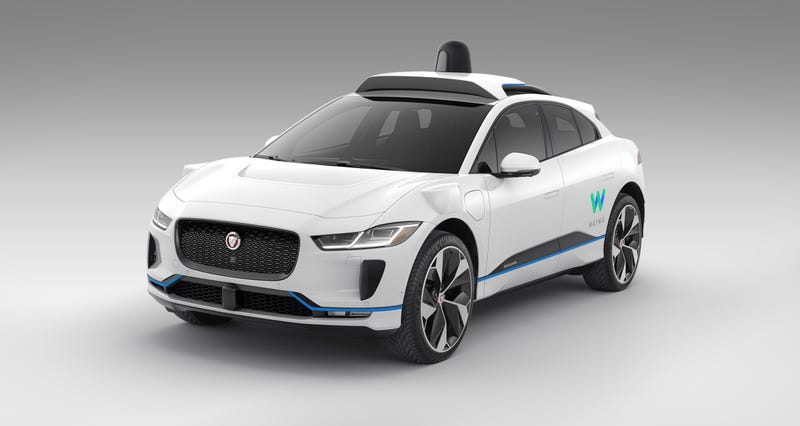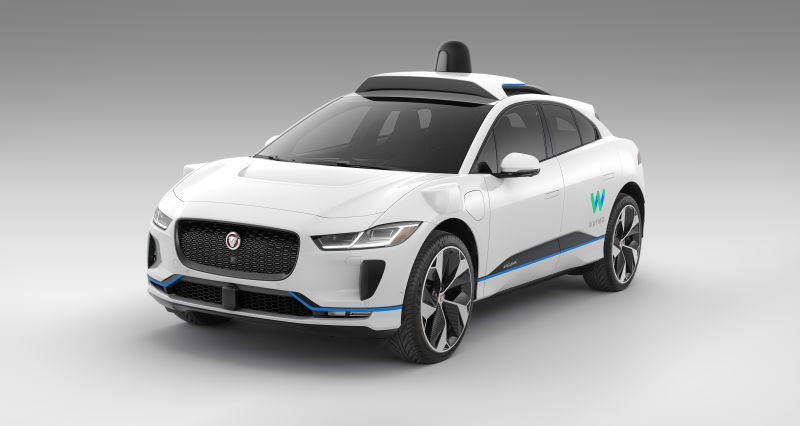
U.S. senators are making a last-ditch effort to pass self-driving car legislation just before the new year, and have made a number of changes to earlier versions in an attempt to appease critics, according to a copy of the draft bill obtained by Jalopnik. But safety exports say the effort doesn’t go far nearly far enough.
The so-called AV START Act has been lingering in the Senate for months after critics raised concerns about safety standards laid out in the bill, as well as a very obvious loophole that would force consumers into private arbitration for legal complaints in the event of an accident or something similar.
A new draft of bill, unveiled this week in the Senate and first reported on by The Verge, attempts to address the concerns, including some oversight of semi-autonomous driving systems like Tesla’s Autopilot and General Motors’ Super Cruise.
The bill, if passed, would still make it easier for autonomous vehicle manufacturers to test their cars on public roads. As Jalopnik previously reported, the legislation would allow carmakers to eventually deploy up to 100,000 vehicles per year that are exempt from existing auto safety standards, up from the current total of 2,500 vehicles.
Advertisement
But the changes in the latest draft, as detailed in a bill summary obtained by Jalopnik, provides some clarity to earlier criticized measures, such as:
- State and local governments could still enshrine laws of their own to regulate self-driving cars, something previously unstated in earlier versions of the bill.
- Limits the use of forced private arbitration in crashes involving death or bodily injury “until particular safety standards relevant to the specific claim being brought are in effect,” the summary says.
- Clarifies that manufacturers “must test and validate that the automated driving systems will identify, detect, and respond to all road users, including pedestrians, bicyclists, and motorcyclists,” according to the summary.
- Along with manufacturers of fully-autonomous cars, the bill requires automakers that deploy semi-autonomous systems (known generally as Level 2 systems) such as Autopilot and Super Cruise to submit public safety reports about what it’s doing to keep their vehicles operating safely on the road.
- Now includes manufacturers of Level 2 systems to submit crash reports to the federal government.
Advertisement
The bill aims to add additional regulation for slightly more automated systems, known as Level 3, a point of serious contention in the industry.
Level 3 systems, in theory, allow the car to operate entirely autonomously—so long as the driver remains alert and attentive. Some developers like Google’s self-driving car unit Waymo have said this is an impossible task after discovering testers regularly fell asleep while behind the wheel.
Advertisement
The proposed bill, if enacted, would require additional reporting from manufacturers on safety issues, like driver monitoring for a Level 3 system and their “readiness to perform the full driving task,” the proposed bill says.
The legislation also calls for the creation of a Highly Automated Vehicle (HAV) Advisory Council, which would seek to study a number of issues, including:
the testing and deployment of highly automated vehicles and automated driving systems in areas that are rural, remote, mountainous, insular, or unmapped to evaluate operational limitations caused by natural geographical or man-made features, or adverse weather conditions, and to enhance the safety and reliability of highly automated vehicles and automated driving systems used in such areas with such features or conditions
Advertisement
That sort of feat is decades away, but it’s interesting to see these scenarios making their way into the legislation.
Whether the bill passes, however, remains up in the air. Lawmakers have even toyed with the idea of attaching the proposed legislation to a must-passed spending bill to avert another government shutdown in the coming weeks. And critics, so far, don’t believe the proposed changes by the Senate do enough to protect consumers.
“After a first review of this ‘new and improved’ driverless car bill it’s obvious to see why the Senate hid it for so long,” Jason Levine, executive director at the Center for Automotive Safety, told Jalopnik. “It’s a lot of hot air which has no substantial safety improvements but will likely inflate car and tech company stock prices.”
Advertisement
You can read the proposed legislation below.













